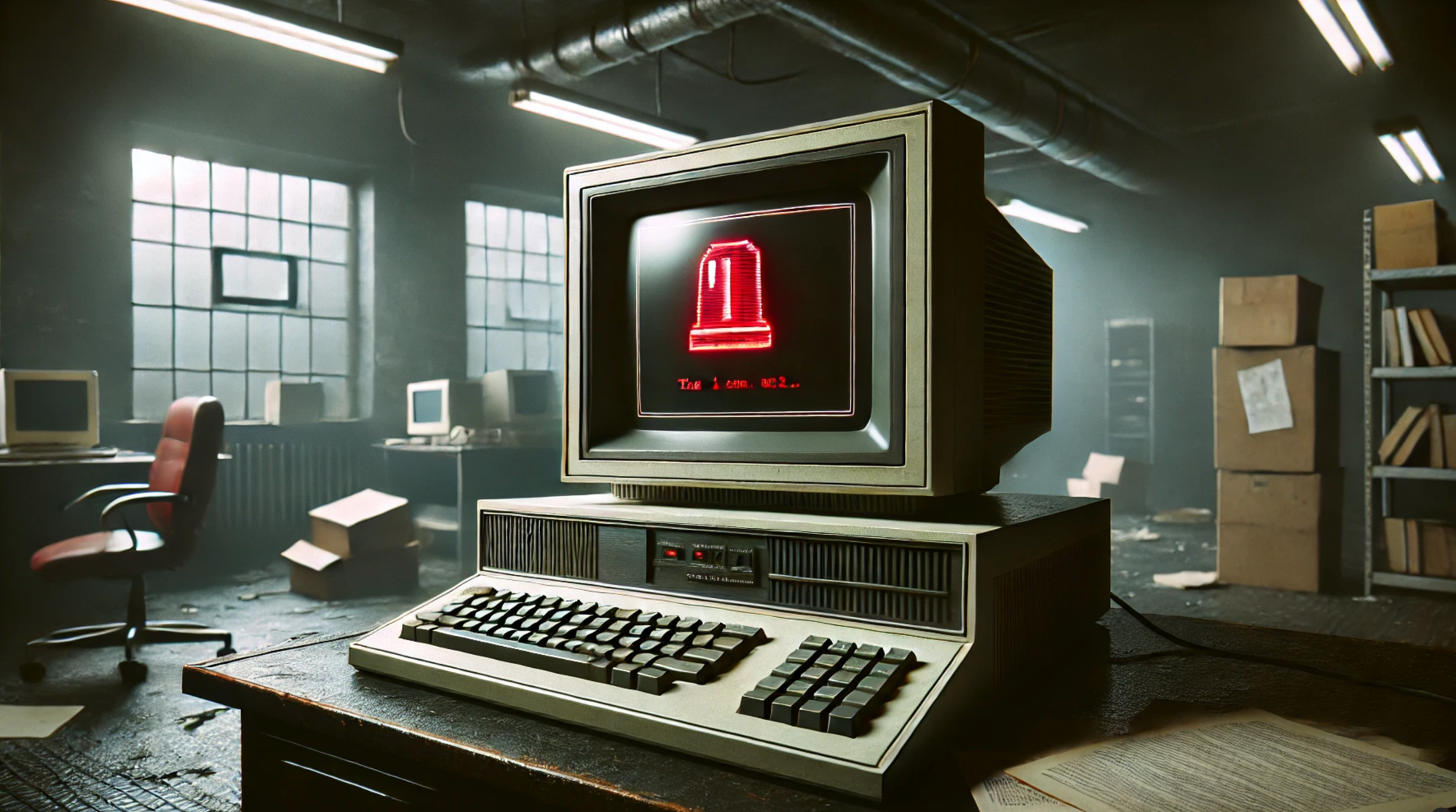AI taskers claim "break the model" testing gave them PTSD
Human GenAI trainers expected to "immerse themselves in deeply unsettling, often traumatic, scenarios".

A disturbing court case has provided a rare glimpse inside the world of "AI taskers" who are employed to break GenAI models by tricking them into producing offensive or illegal material.
Taskers are responsible for a wide range of tasks, including content moderation and writing prompts that fool AIs into overriding their training.
Although some of this work can be relatively straightforward, such as helping to teach chatbots to avoid handing out corporate secrets, other aspects of the job are highly disturbing.
Taskers have to deal with grim images and highly sensitive topics to ensure models recognise and block depraved images or reject prompts designed to make them say horrendous things.
Now a class action court case has provided a shocking glimpse into their working loves.
But before we start...
A quick legal disclaimer: We are but a tiny website with zero legal budget and are therefore overcautious, so will not be naming the companies mentioned in the legal filings.
The dark side of AI training

The class action complaint said human AI taskers are treated like "expendable cogs in the machine" and assigned grim tasks "with cold efficiency – devoid of any human oversight or concern for well-being".
"Taskers are expected to immerse themselves in deeply unsettling, often traumatic, scenarios, dissuading harmful actions while empathetically engaging with users’ perspectives," the court documents stated.
"This process, often involving life-or-death scenarios, placed an extraordinary emotional and psychological burden on [workers], leaving them to grapple with severe emotional harm in the absence of adequate safeguards."
Some claimed they were tricked into taking a job after being promised it would involve pleasant subject matter.
"Taskers even reported being misled, as they were told they would be training artificial intelligence to create poems or scientific articles, which significantly differed from the actual tasks assigned," the class action continued.
The psychological toll of tasking
Taskers are responsible for reviewing "violent and traumatic images" uploaded by users, which are both real and AI-generated. They also write violent and sexually explicit prompts in response to upsetting images in a bid to try and persuade the AI model to take part in conversations it's supposed to block. The material relates to some of the most heinous crimes.
Ultimately, some taskers end up suffering from psychological issues including anxiety or depression.
They also reported nightmares and "problems functioning in their work and relationships". Those who viewed the worst images showing material such as appalling crimes against children or images from fatal car crashes experienced post-traumatic stress disorder (PTSD).
Workers allege they were not fully warned about the nature of their job and claim they were not fully supported after being exposed to upsetting content.
"Taskers who requested psychological assistance to help cope with trauma associated with their work were ignored," the court case alleged. "In fact, taskers who voiced concerns about the psychological toll of their work faced swift retaliation.
"Taskers who reported feeling uncomfortable with certain tasks were frequently terminated without explanation or removed from all projects.
"The policy was unambiguous: conform to the demands of the tasks, regardless of their psychological toll, or face immediate termination."
In the class action, a female AI tasker said she "developed trauma-related symptoms as a result of reviewing violent images and creating distressing Prompts associated with those images."
"As a result of the trauma inflicted by her work as a Tasker, [she] has suffered from nightmares, insomnia, depression, anxiety, feelings of worthlessness, trouble concentrating, and PTSD," the court case alleged. "[Her] work as a Tasker also caused her to want to be more socially isolated and avoid sexual relationships. These symptoms have been exacerbated by recurring intrusive memories of the violent images she is required to review at work."
The process of trying to break AI models is called red-teaming and is a necessary part of training them to avoid generating offensive or insecure responses. It often features the nastiest possible content in the hope of inoculating AI models to avoid repeating such material once they are out in the wild.
So, taskers working on AI safety should probably expect to see disturbing material. But they should probably also be able to rely on the support of their employer and know exactly what the job entails when they join up.
Have you ever worked as an AI tasker? Speak to us at the link below to tell us your story in confidence.
Have you got a story or insights to share? Get in touch and let us know.




